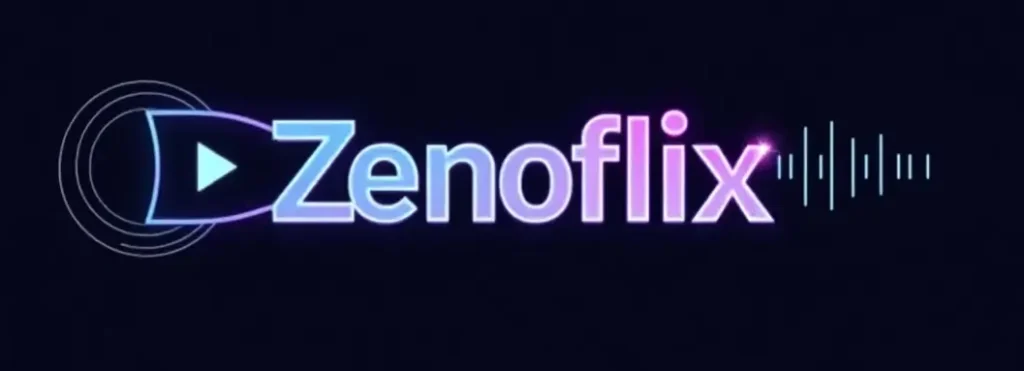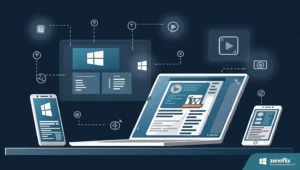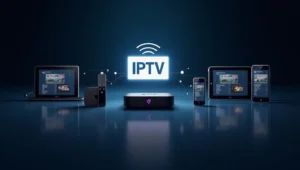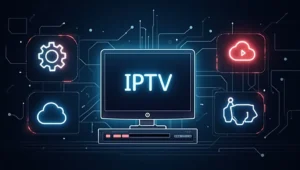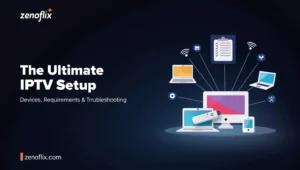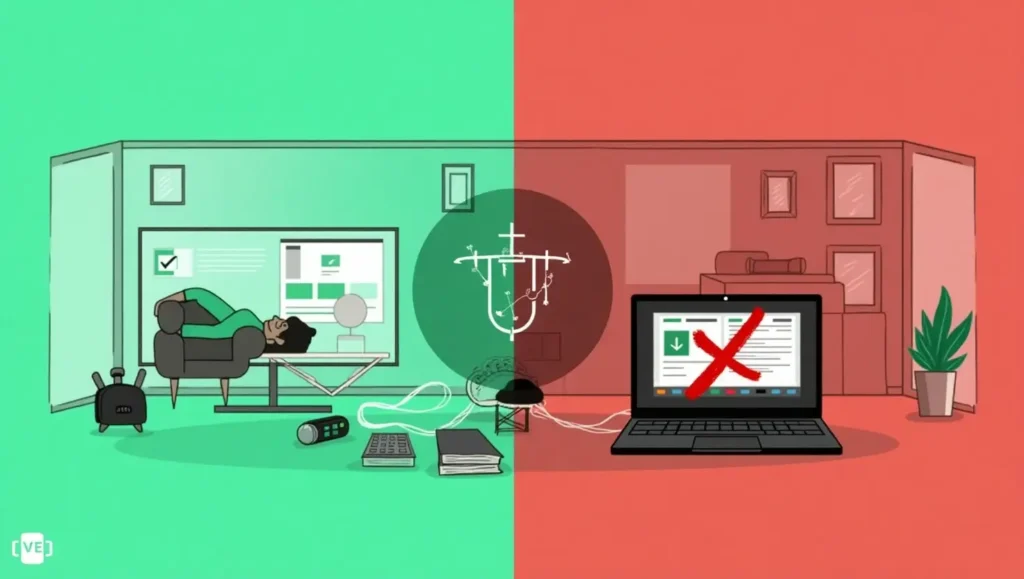
You’ve probably been there—searching for a way to watch your favorite shows without the hefty cable bill. IPTV promises all your channels in one place with crystal-clear streaming. But that nagging question remains: is it actually legal?
I understand your frustration. Too many providers make big promises but deliver unreliable services that freeze during the big game. Or worse—they disappear after you’ve paid, leaving you with nothing but a lighter wallet.
Let me cut through the confusion and give you straight answers about IPTV legality across different countries.
Is IPTV Illegal in the US?
IPTV itself is not illegal in the US, but services that provide unauthorized access to copyrighted content without proper licensing are illegal. Legal IPTV options include Hulu Live, YouTube TV, and Sling TV, which have obtained proper rights to stream their content.
The difference comes down to licensing. When you subscribe to services like YouTube TV or Hulu Live, they pay licensing fees to content creators. These legitimate services have agreements with networks to distribute their content.
Unauthorized IPTV services that offer thousands of premium channels for a fraction of the cost are almost certainly operating illegally by redistributing content without permission.
[Data suggestion: Include a comparison chart showing average costs of legal IPTV services vs. cable TV vs. unauthorized services]
Is IPTV Illegal in the UK?
In the UK, using IPTV services that provide unlicensed access to copyrighted content is illegal under the Copyright, Designs and Patents Act. Legal options include BBC iPlayer, Sky Go, and BT Sport, which have proper licensing agreements.
The UK has taken stronger action against illegal IPTV providers than many other countries. In recent years, authorities have prosecuted both sellers and users of unauthorized services.
The Digital Economy Act 2017 increased the maximum prison sentence for copyright infringement to 10 years, showing how seriously the UK takes these violations.
Is IPTV Illegal in Canada?
IPTV is legal in Canada when using authorized services like CBC Gem or Crave. Services that provide unauthorized access to copyrighted content violate the Copyright Act and are illegal.
Canadian law prohibits the unauthorized distribution of copyrighted content. The Copyright Modernization Act specifically targets digital piracy.
Canadian courts have issued precedent-setting rulings against sellers of devices pre-loaded with unauthorized IPTV applications.
[Data suggestion: Include statistics on recent legal actions against IPTV providers in Canada]
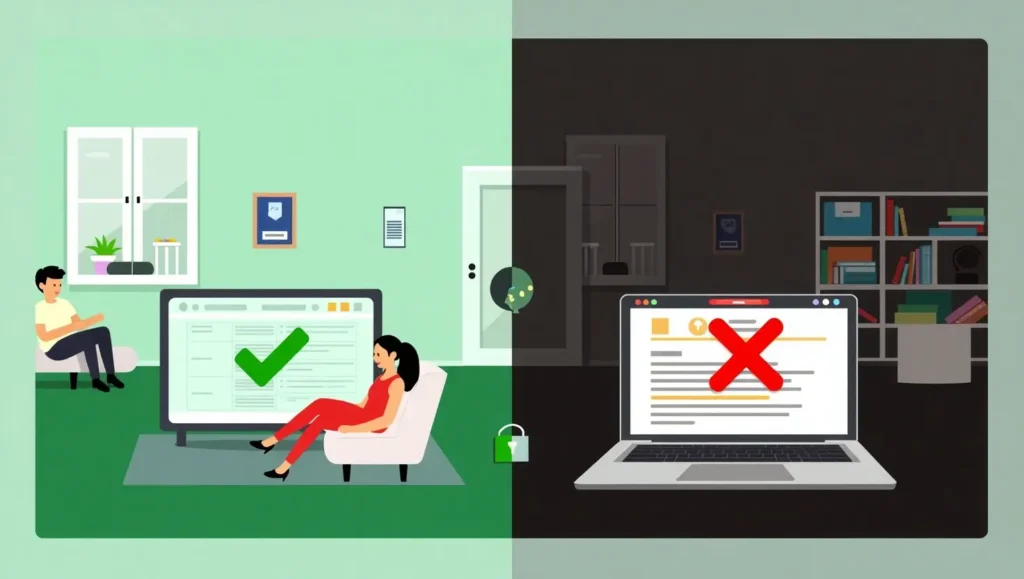
Is IPTV Illegal in Australia?
Using unauthorized IPTV services in Australia violates the Copyright Act. Legal streaming options include Kayo Sports, Stan, and Binge, which have proper licensing agreements.
Australia has strict anti-piracy laws and has blocked numerous websites offering illegal streaming services. The Copyright Amendment (Online Infringement) Act gives courts power to block access to websites that facilitate copyright infringement.
Internet service providers in Australia are required to block access to websites that primarily host pirated content, including many unauthorized IPTV services.
Is IPTV Legal in India?
IPTV services are legal in India when provided by licensed operators like Airtel, JioTV, or Tata Play. Unauthorized services that stream copyrighted content without permission violate the Copyright Act.
India’s regulatory framework for broadcasting is governed by the Telecom Regulatory Authority of India (TRAI). Legal IPTV providers must obtain proper licenses.
The Indian Copyright Act prohibits the unauthorized distribution of copyrighted content, with penalties including imprisonment and fines.
Is IPTV Legal in Pakistan?
IPTV is legal in Pakistan when provided by licensed operators like PTCL Smart TV. Services that distribute content without proper authorization violate Pakistan’s Copyright Ordinance.
Pakistan’s Electronic Media Regulatory Authority (PEMRA) oversees broadcasting services, including IPTV. Legal providers must obtain licenses from PEMRA.
Unauthorized streaming services fall under copyright infringement and digital piracy laws, which carry legal penalties.
How to Tell if an IPTV Service is Legal
![Image suggestion: A checklist graphic showing what to look for in legal vs. illegal IPTV services]
Spotting legitimate services isn’t difficult once you know what to look for:
- Reasonable pricing: If a service offers thousands of premium channels for just a few dollars a month, it’s likely illegal. Legal services pay licensing fees that are reflected in their pricing.
- Professional website: Legal services have polished websites with clear terms of service, privacy policies, and company information.
- Payment methods: Legitimate businesses offer standard payment options like credit cards or PayPal. Be wary of services that only accept cryptocurrency or gift cards.
- Customer support: Legal providers offer real customer service with clear contact information.
- Content library: If a service offers every premium channel and the latest movies still in theaters, it’s almost certainly unauthorized.
[Data suggestion: Include a price comparison table showing typical monthly costs for legal services vs. suspiciously cheap alternatives]
Common IPTV Services: Legal or Not?
Let’s look at some frequently searched IPTV services:
Mainstream Services
- Apple TV: Apple TV+ is a legitimate streaming service with original content. The Apple TV device can be used to access both legal and illegal IPTV apps.
- DAZN: DAZN is a legal sports streaming service that has obtained proper rights to broadcast sporting events.
Third-Party IPTV Providers
Many people ask about services like Area 51, Blitzen, Boss, Cobra, Eternal, Extreme, Gamma, Guru, IMAX, and IPTV Trends. These third-party services typically offer huge channel lineups at very low prices.
Most of these services do not have proper licensing agreements with content owners. They redistribute copyrighted content without authorization, making them illegal in most countries.
IPTV Smarters and Smart IPTV
IPTV Smarters Pro and Smart IPTV are legal applications, but what matters is the content you access through them. These are merely player applications—like a web browser. Using them to access unauthorized content is still illegal.
Is Selling or Reselling IPTV Illegal?
Selling or reselling IPTV services without proper content licensing is illegal in most countries. Authorities have increasingly targeted sellers and resellers with criminal charges.
In the US, the PROTECT IP Act and Digital Millennium Copyright Act provide frameworks for prosecuting those who distribute copyrighted content without authorization.
The UK has seen numerous prosecutions of IPTV sellers under the Fraud Act and Copyright, Designs and Patents Act.
[Data suggestion: Include statistics on recent prosecutions of IPTV sellers in various countries]
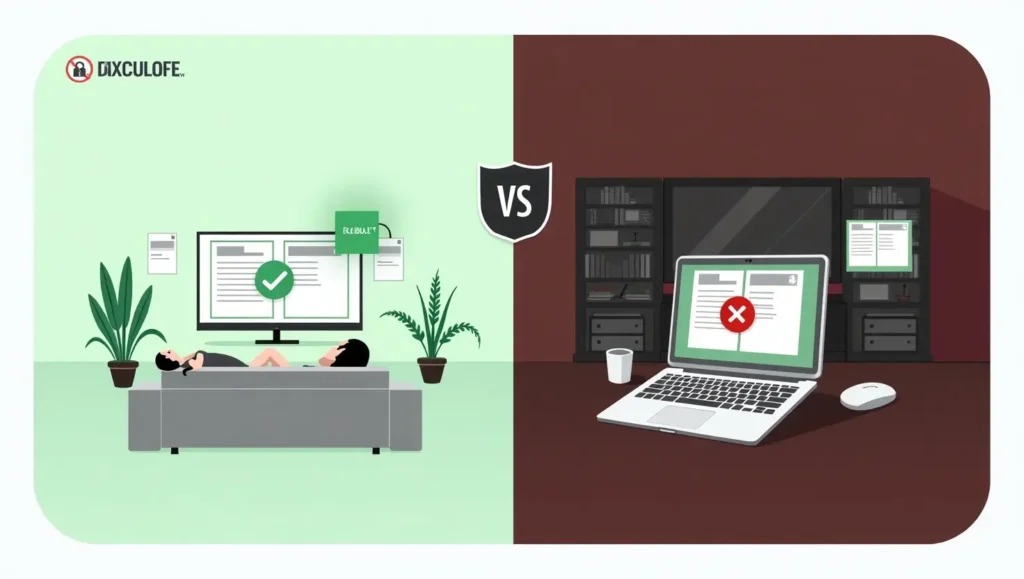
Legal Alternatives to Unauthorized IPTV
For reliable, buffer-free streaming that won’t disappear after you’ve paid, consider these legal options:
- Sling TV: Affordable packages with customizable channel lineups
- YouTube TV: Extensive channel lineup with unlimited DVR
- Hulu + Live TV: Combines live TV with on-demand content
- Fubo TV: Sports-focused legal IPTV service
- Philo: Budget-friendly option with entertainment channels
These services provide clear pricing, easy setup on multiple devices, and reliable customer support when issues arise.
Why Choose Legal IPTV Services?
Beyond avoiding legal troubles, legitimate services offer:
- Reliability: No more buffering during crucial moments or services suddenly disappearing
- Quality: Consistent HD or 4K streaming without interruption
- Security: No risk of malware or personal data theft
- Support: Real customer service when you need help
- Peace of mind: No worry about potential legal consequences
The Bottom Line on IPTV Legality
The technology of IPTV itself is perfectly legal. What matters is whether the content is properly licensed.
If you’re looking for affordable streaming options, many legal services offer free trials. This lets you test their reliability and channel selection before committing.
Remember that when a deal seems too good to be true, it probably is. Those thousands of channels for $10 a month come with hidden costs—unreliable service, poor quality, and potential legal risks.
For safe, buffer-free streaming of all your favorite content, stick with authorized providers who have done the work to secure proper licensing.
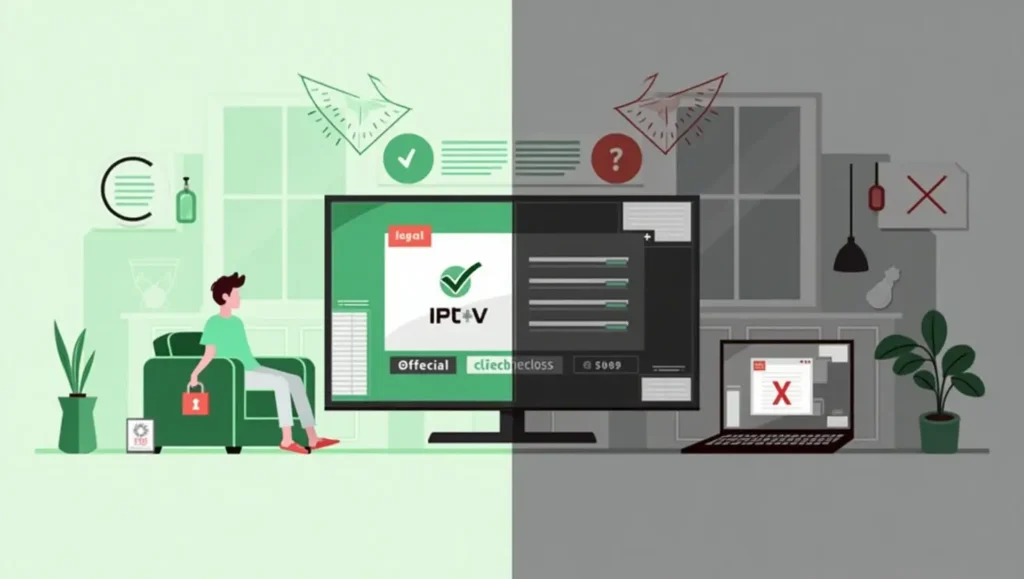
By making informed choices about your streaming services, you can enjoy your favorite shows and sports without the worry of unreliable streams or unexpected legal issues.
